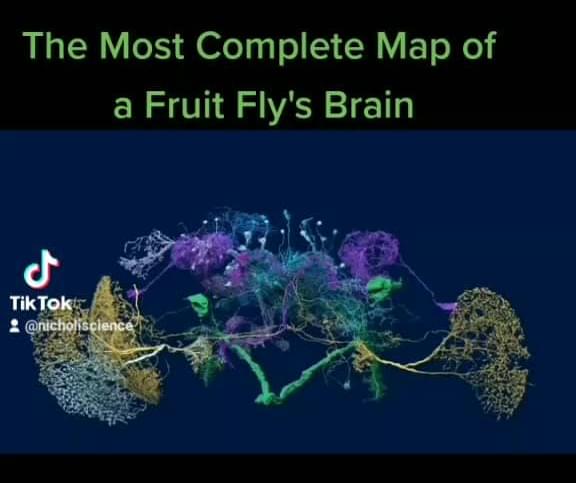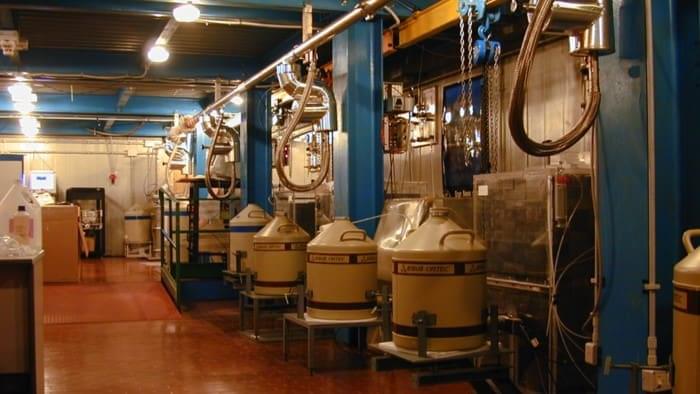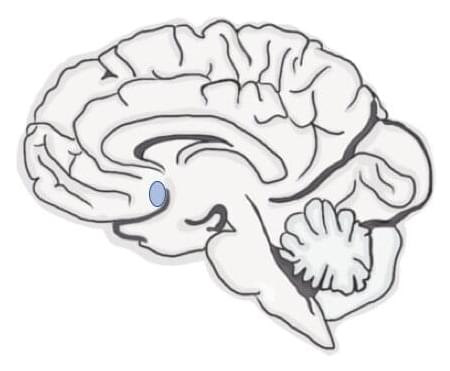This Review provides a comprehensive overview of presynaptic applications of optogenetic tools, including the associated challenges, current limitations and future directions for this approach.
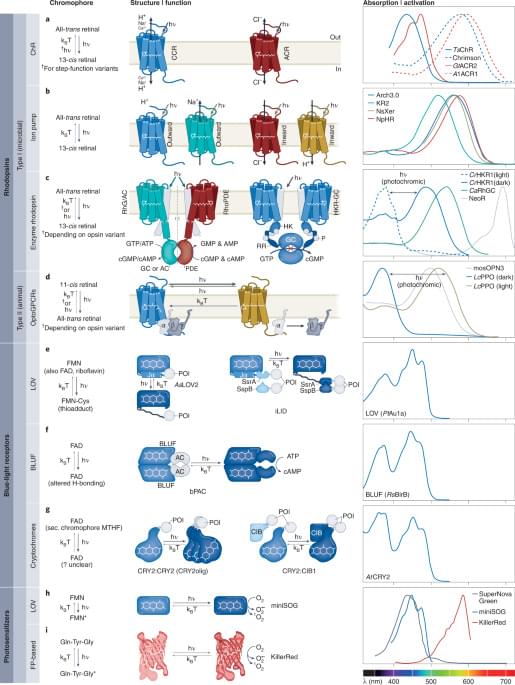


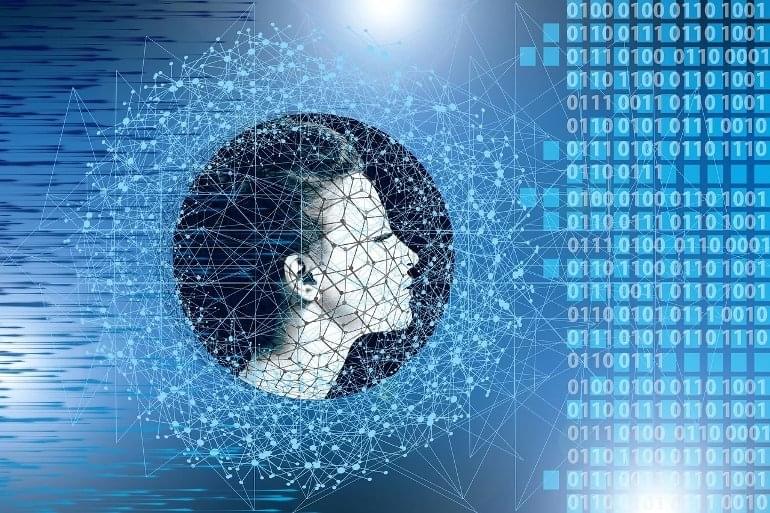
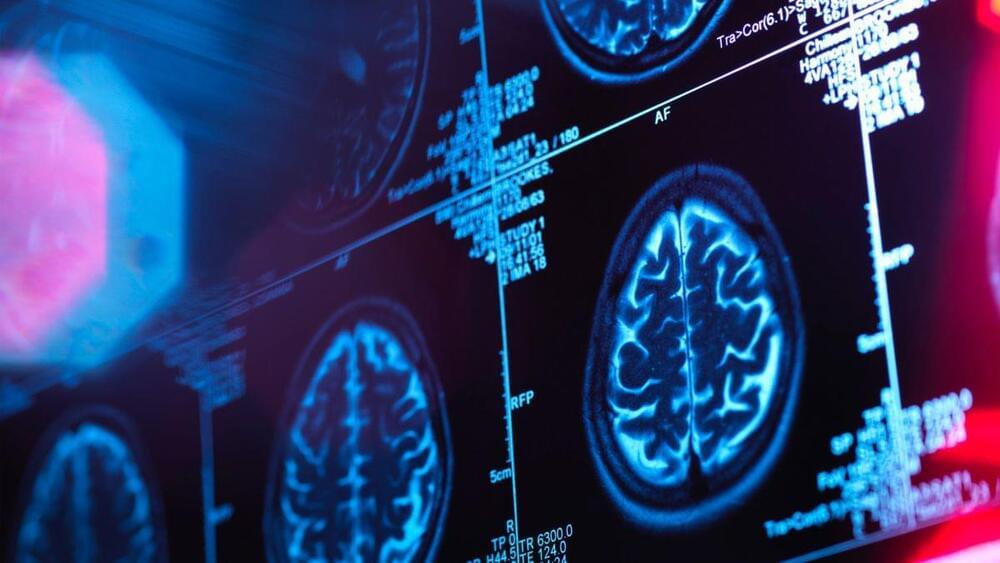
The term ‘type 3 diabetes’ has been used by some to describe Alzheimer’s disease.
While most of us are familiar with type 1 and type 2 diabetes, you may not have come across the term ‘type 3 diabetes’ before. First things first, this is not to be confused with type 3c diabetes, which is something else entirely. It is, however, related to insulin resistance in the brain.
Being diagnosed as insulin resistant generally means that someone is either prebiabetic or has type 2 diabetes. But scientists have proposed that it can also result in the brain’s neurons lacking glucose, which is needed for proper function, and this can lead to symptoms of Alzheimer’s disease.
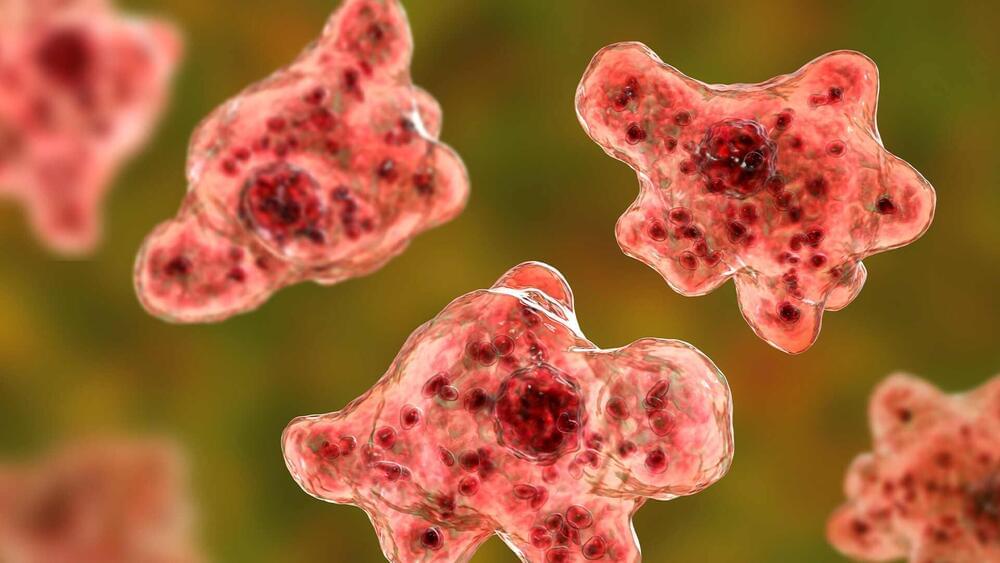
The CDC has released a map that shows where brain-eating amoebas are infecting people in lakes across the U.S.
A few days ago, a Missouri resident who went swimming in the Lake of Three Fires in Taylor County, Iowa, was hospitalized after a microscopic amoeba entered through their nose and started eating away at their brain.
Better known as Naegleria fowleri, the single-celled organism that thrives in warm freshwater, travels up the nose to the brain where it rapidly multiplies and begins feasting on brain tissue. It can infect people when they are swimming or diving, by entering through their nose.
The state health department reported the case was only the second instance in a Missouri resident and the first in 35 years.
I share this revealing interview given by Liz Parrish, “Patient Zero” in biological rejuvenation, to a journalist in Madrid, Spain. It took place in July 10, 2022 and lasts 20 minutes.
During the interview Liz speaks in English. However, the journalist, whose name is María Zabay, speaks mostly in Spanish.
Don’t miss it because Liz says things that most people don’t know about her and her company BioViva Sciences.
Liz Parrish, patient zero in gene therapy for full-body and brain biological rejuvenation, is interviewed by María Zabay.
María is a writer, speaker, director and host of television programs, as well as actress.
Patients undergo interventions to achieve a ‘normal’ brain temperature; a parameter that remains undefined for humans. The profound sensitivity of neuronal function to temperature implies the brain should be isothermal, but observations from patients and non-human primates suggest significant spatiotemporal variation. We aimed to determine the clinical relevance of brain temperature in patients by establishing how much it varies in healthy adults.
We retrospectively screened data for all patients recruited to the Collaborative European NeuroTrauma Effectiveness Research in Traumatic Brain Injury (CENTER-TBI) High Resolution Intensive Care Unit Sub-Study. Only patients with direct brain temperature measurements and without targeted temperature management were included. To interpret patient analyses, we prospectively recruited 40 healthy adults (20 males, 20 females, 20–40 years) for brain thermometry using magnetic resonance spectroscopy. Participants were scanned in the morning, afternoon, and late evening of a single day.
In patients (n = 114), brain temperature ranged from 32.6 to 42.3°C and mean brain temperature (38.5 ± 0.8°C) exceeded body temperature (37.5 ± 0.5°C, P 0.0001). Of 100 patients eligible for brain temperature rhythm analysis, 25 displayed a daily rhythm, and the brain temperature range decreased in older patients (P = 0.018). In healthy participants, brain temperature ranged from 36.1 to 40.9°C; mean brain temperature (38.5 ± 0.4°C) exceeded oral temperature (36.0 ± 0.5°C) and was 0.36°C higher in luteal females relative to follicular females and males (P = 0.0006 and P 0.0001, respectively). Temperature increased with age, most notably in deep brain regions (0.6°C over 20 years, P = 0.0002), and varied spatially by 2.41 ± 0.46°C with highest temperatures in the thalamus. Brain temperature varied by time of day, especially in deep regions (0.86°C, P = 0.0001), and was lowest at night. From the healthy data we built HEATWAVE—a 4D map of human brain temperature.
